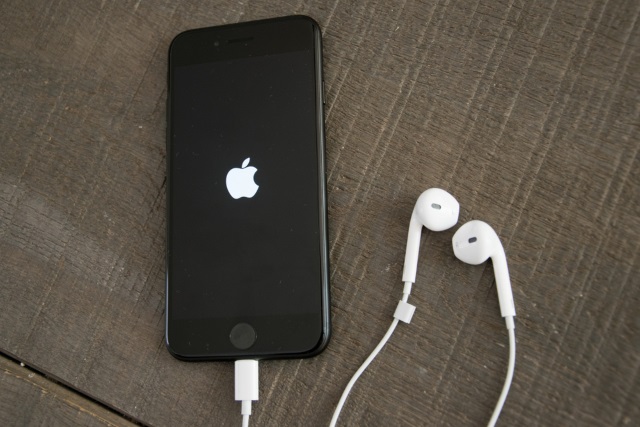
Apple releases iOS 12.1.2 with eSIM fixes -- but Qualcomm is still not happy
Apple has made iOS 12.1.2 available to iPhone users, just two weeks after the public release of iOS 12.1.1. The fourth update to the iPhone operating system since it was launched includes fixes for problems with eSIM and connectivity.
But while iPhone owners around the world will be pleased to receive another update, Qualcomm remains unhappy with Apple. The company complained that Apple was violating two of its software patents, and last week a Chinese court banned the sale of certain older iPhones. Apple said that this week's update would "address any possible concern about our compliance with the order"; Qualcomm says the company is still violating the court order.
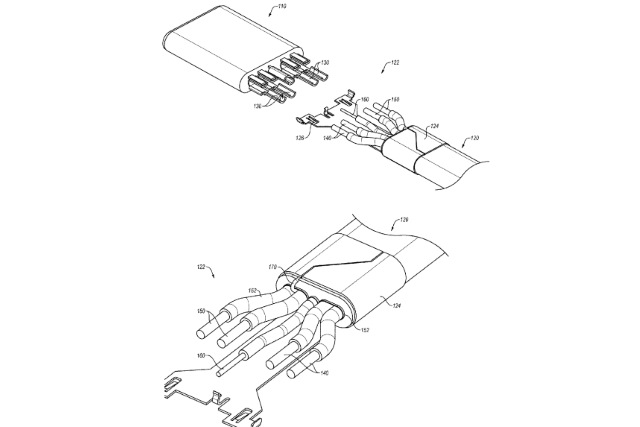
Microsoft has the patent for a thinner, re-designed USB-C connector
It is a slow process, but USB-C is gradually becoming more and more popular -- although it's a long way from ubiquity yet. Ready to rock the boat a little, it has emerged that Microsoft holds a patent for a redesigned USB-C connector.
The patent is not brand new, but Microsoft's May 2017 filing for an "Ultra-Thin USB-C Connector" has just come to light. Another patent filing from April 2017 describes a new "USB-C Plug Receptacle". While the redesign is hardly going to set the world on fire, it's the sort of thing we could well expect to see in a refresh Surface lineup.
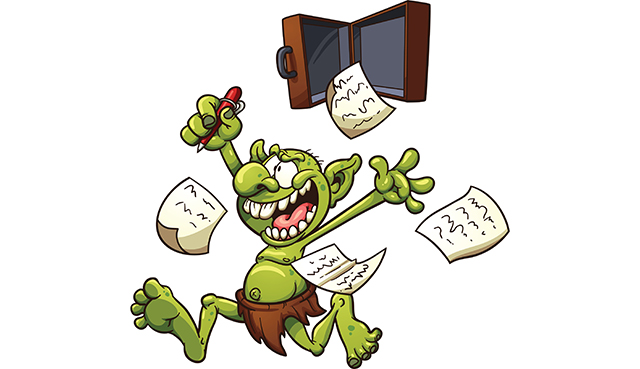
Why startups and entrepreneurs need a smart patent strategy [Q&A]
Ken Seddon is the CEO of the non-profit patent protection network LOT. The organization’s members include Google, Red Hat, Lenovo, Pega and other big players, as well as dozens of startups in areas such as transportation, blockchain, and software.
Startups are disproportionately impacted by patent trolls and we chatted with Ken about how a smart, assertive IP strategy can help protect their businesses.
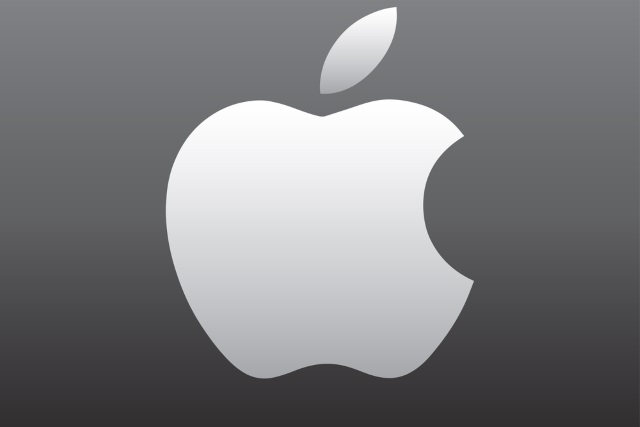
Apple hit with $0.5 billion bill for patent violation with FaceTime, iMessage and VPN on Demand
Apple has been ordered to pay $502.6 million in damages after a federal jury in Eastern Texas found that the company had violated patents owned by VirnetX.
The intellectual property battle -- relating to FaceTime, iMessage and VPN on Demand -- started back in 2010, with VirnetX claiming that Apple was violating four of its patents pertaining to communication security. Having been slapped with a $0.5 billion bill, it now remains to be seen whether Apple will actually stump up the cash.
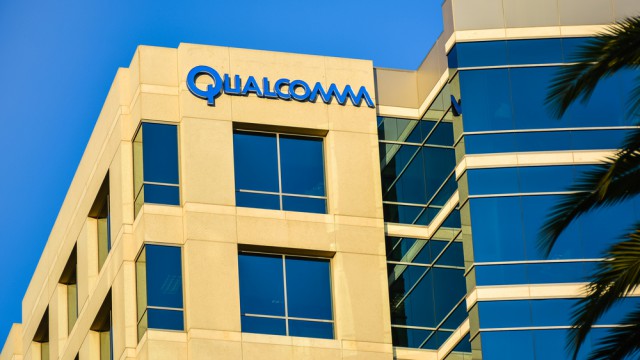
Qualcomm wants to ban iPhone sales in China
In an effort to continue to charge Apple for the use of its patents in mainland China, Qualcomm has filed lawsuits against the company with the end goal of stopping the production and sale of iPhones in China.
The suits were filed by the mobile chip manufacturer in an intellectual property court in Beijing. Qualcomm claims that Apple has violated its patents and the company is seeking injunctive relief over the misuse of its IP.
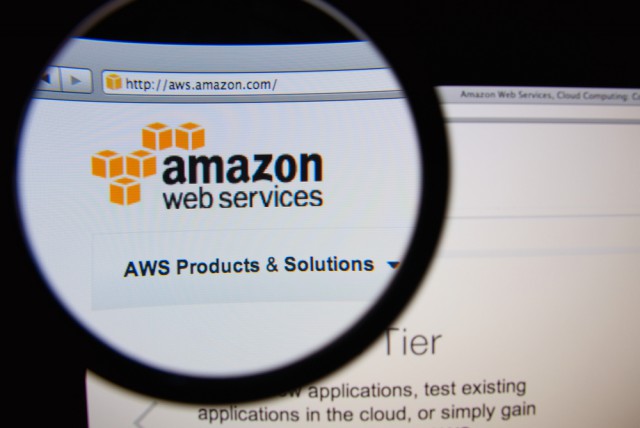
AWS adds intellectual property protection to customer contracts
In an effort to appear more user friendly, Amazon has removed a controversial clause from its AWS customer agreement that may lead to more businesses signing up for its cloud computing services.
For quite a few years now, potential customers have been wary of a clause in the company's customer agreement that prohibited customers from suing it over patent infringement. Businesses chose other cloud providers instead as they were concerned over whether or not they could trust Amazon with the intellectual property of their companies.
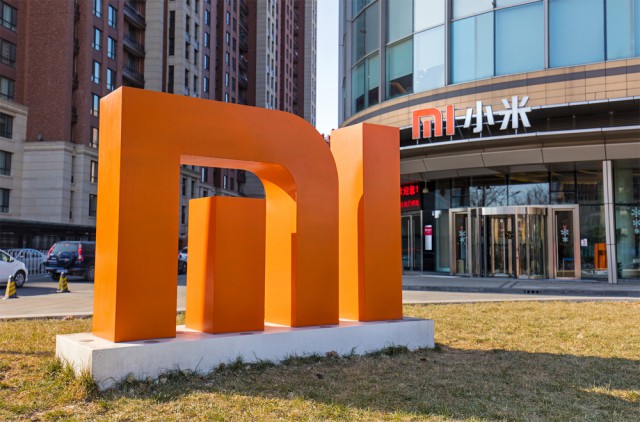
Xiaomi stocking up on patents, makes deal with Nokia
Xiaomi has made some steps towards an international expansion in recent years, like hiring former Google VP Hugo Barra to help it enter new markets but, so far, it has not really gotten out of its comfort zone in Asia. And it is not because the company lacks the financial resources to do it, or because its devices lack the appeal. No, what's stopping Xiaomi is the barrage of costly lawsuits that would most likely ensue.
However, Xiaomi has been slowly stocking up on patents from the big players in the tech industry to beef up its portfolio. For instance, it bought about 1,500 patents from Microsoft a year ago, and now it's made a deal with Nokia that involves "a multi-year patent agreement, including a cross license to each company's cellular standard essential patents. Xiaomi also acquired patent assets from Nokia as part of the transaction."
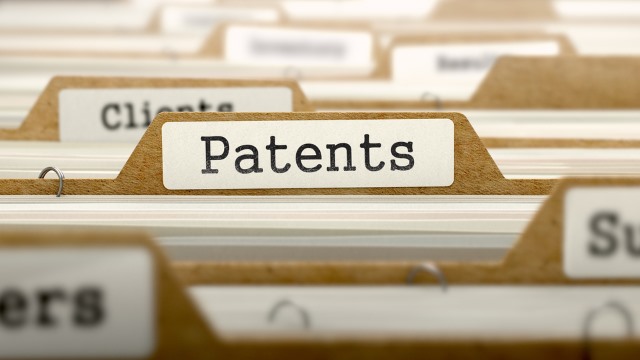
Why tech companies of all sizes are embracing business-led solutions to IP protection
The tech industry has long been a favorite target for patent trolls. While tech companies strive to innovate, patent trolls see opportunities to monetize the patents they’ve acquired by suing operating tech companies.
Today, patent trolls are responsible for over 84 percent of patent litigation in the U.S. A study published by the Boston University School of Law showed that over six times as many patent lawsuits are filed in recent years than in 1980. More than 10,000 companies have been sued at least once by a troll and the rates of these suits are growing by double-digits every year. Patent trolls drain over $80 billion in wealth a year, siphoning valuable resources away from initiatives like R&D and product improvement.
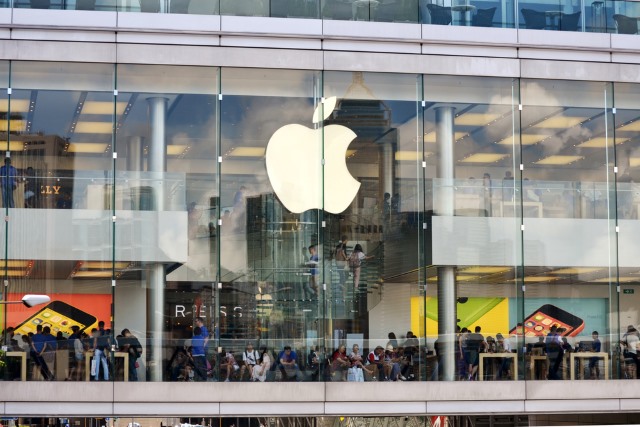
Apple sues Qualcomm for $1 billion over excessive royalties
Apple is not happy with its longtime partner Qualcomm, as it has filed a $1 billion lawsuit against the chip maker for allegedly being charged "royalties for technologies [that Qualcomm has] nothing to do with."
This is the second major lawsuit filed against Qualcomm this week, with the US Federal Trading Commission announcing on Tuesday that it is taking the chip maker to court for "monopolizing key semiconductor device used in cell phones." The two lawsuits are related.

Nokia sues Apple over alleged patent infringement
Nokia just announced that it is suing Apple in the US and Germany because the iPhone maker is allegedly infringing some of its patents. According to the Finnish company, Apple rejected any licensing offers that would have allowed it to legally take advantage of the infringed patents.
"Through our sustained investment in research and development, Nokia has created or contributed to many of the fundamental technologies used in today's mobile devices, including Apple products. After several years of negotiations trying to reach agreement to cover Apple's use of these patents, we are now taking action to defend our rights", says Nokia's head of Patent Business, Ilkka Rahnasto.
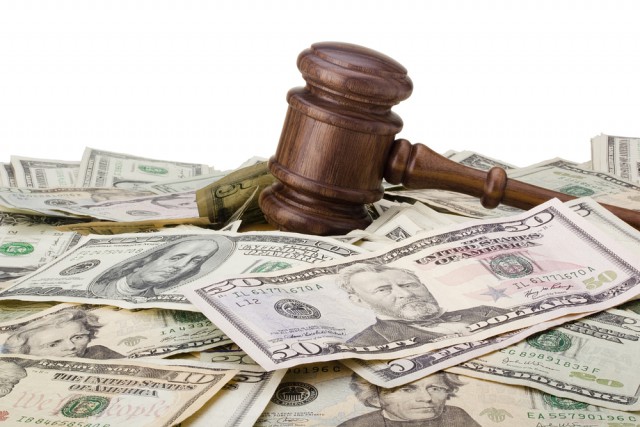
Apple loses patent cases to VirnetX again -- will have to pay $302.4 million
"Third time's the charm", VirnetX is probably now thinking, as a US court has, for the third time, ruled that Apple has infringed the company’s patents. A federal judge in Tyler, Texas ruled on Sunday that Apple must pay $302.4 million (£235.10m) for infringing VirnetX’s patents in services like FaceTime and iMessage.
Back in 2010, VirnetX was awarded $368.2 (£286.25m), but the ruling was partially overturned because it wasn’t exactly clear how the jury calculated the damages. The second time, earlier this year, the court ruled Apple should pay, setting the figure at $625.6 million (£486.37), but that ruling too was voided because the "repeated references to the earlier case could have confused jurors and were unfair to Apple".

Microsoft's Lego-like PC makes upgrading super-easy
Part of the reason the PC was originally so successful is down upgradability, and that’s still a factor today. If your computer starts to run a little sluggish, you can always add more RAM, or swap your HDD for an SSD. Some PCs are easier to upgrade than others, but Microsoft is looking into a way to make upgrading so easy that absolutely anyone could do it.
The idea is a modular computer that consists of magnetic units that you can snap off without the use of tools and replace with newer, better components. Not unlike building a PC from Lego.

Ericsson suckles on Apple's massive teat thanks to multi-billion dollar patent deal
Some companies innovate, while some imitate. Other businesses make money from patent deals. There is nothing wrong with protecting patents, but sometimes a company that truly moves the dial ends up paying a lesser company as a result.
The latest such case of this, is Ericsson signing a patent deal with Apple, ending years of legal battles. The latter company is forward-thinking and one of the most important tech companies in the world; the former, while important, is not on the same level as Apple. I am not saying Ericsson doesn't deserve to profit from Apple's arguable use of its patented technology, but the deal is yet another another example of a company seemingly suckling at Apple's massive teat.
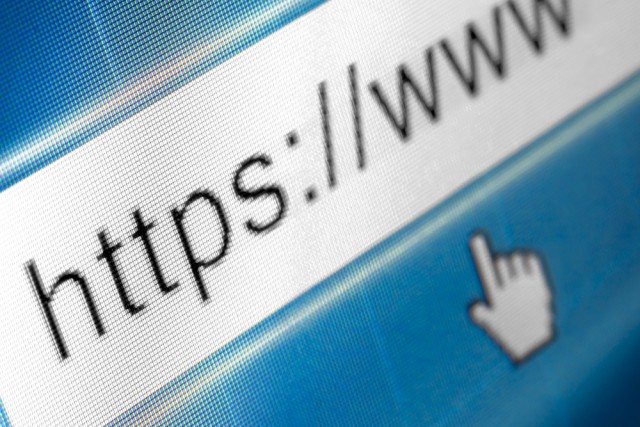
Patent troll claims HTTPS ownership, lawsuits ensue
Ah, don’t you love the smell of patent trolls in the morning?
In the latest news regarding these wonderful creatures, it was unveiled this week that a Texas company called CryptoPeak Solutions has sued basically everyone, everywhere, for using the HTTPS protocol.
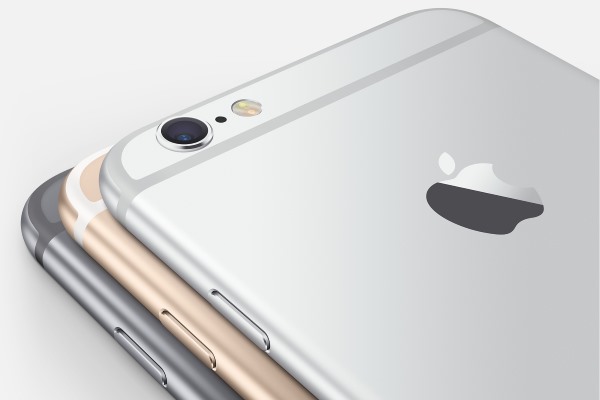
Apple hit with $234 million charge for patent infringement
A jury has ordered Apple to pay $234 million to the Wisconsin Alumni Research Foundation after an earlier ruling that the company had infringed patents. A few days ago it was found that Apple had used technology owned by WARF in iPhones and iPads chips.
The resulting charge is much lower than the $862 million that had previously been suggested; it is also less than the $400 million WARF had been seeking in damages. Apple intends to appeal against the verdict, but there is still another court case looming.
